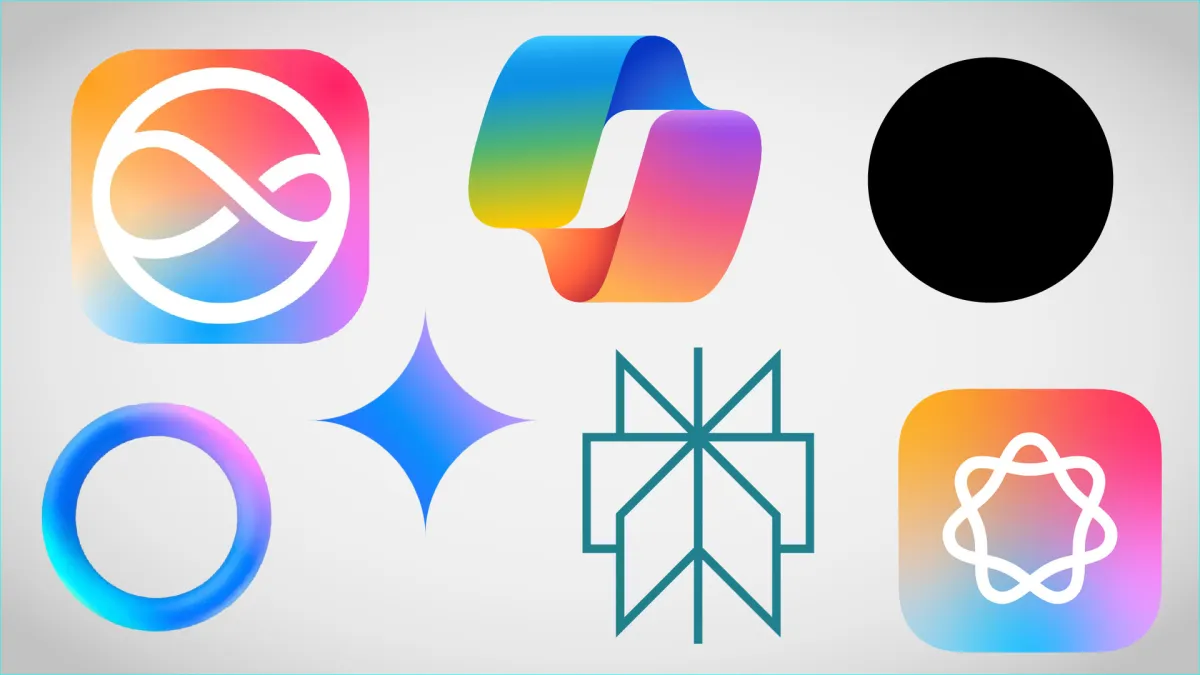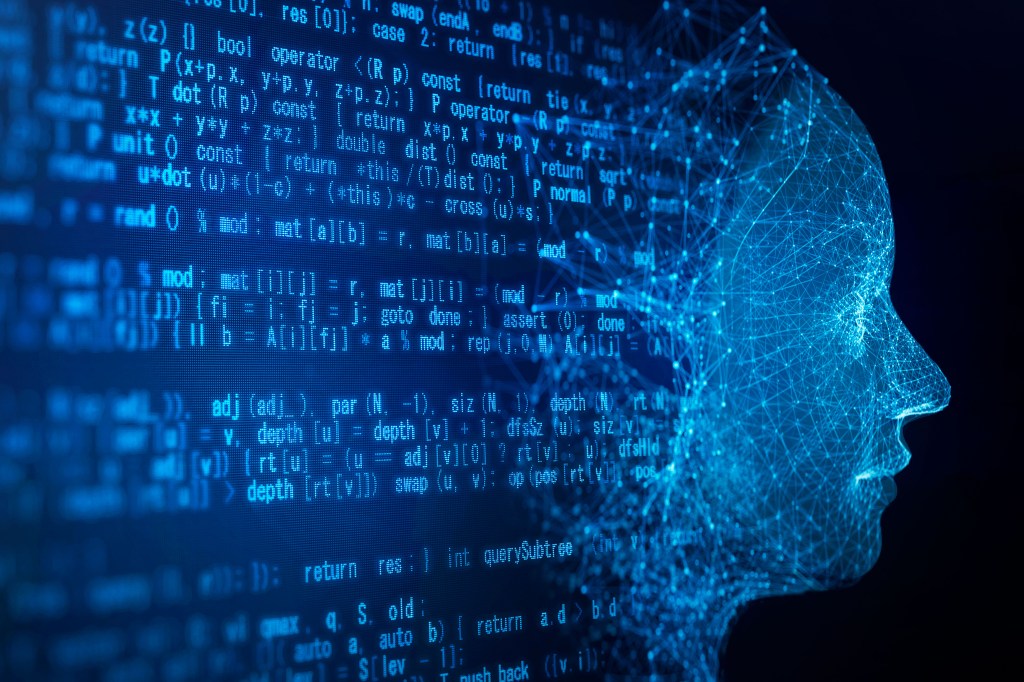The year 2025 is poised to be a watershed moment for artificial intelligence, with generative AI and robotics leading the charge. The rapid evolution of generative AI, capable of creating realistic text, images, and even videos, will revolutionize content creation, entertainment, and potentially even scientific research. However, this power brings with it a host of ethical considerations. Deepfakes, misinformation, and the potential for job displacement are just a few of the challenges we’ll face.
Robotics, too, will see significant advancements. Expect to see more sophisticated robots in manufacturing, healthcare, and even our homes. These robots will not only perform tasks with greater precision and efficiency but also interact with humans in more natural and intuitive ways. The integration of AI into robotics will blur the lines between human and machine, raising questions about autonomy, responsibility, and the very definition of work.
Beyond these headline-grabbing technologies, several other AI trends are emerging. Edge AI, which processes data locally on devices rather than in the cloud, will enable faster and more secure AI applications. AI-powered cybersecurity will become increasingly crucial as cyber threats become more sophisticated. And the development of more explainable AI, which allows us to understand how AI systems make decisions, will be essential for building trust and accountability.
However, with these advancements come significant risks. The potential for bias in AI algorithms, the ethical implications of autonomous weapons systems, and the need for robust data privacy regulations are just a few of the challenges that policymakers and technologists must address. The year 2025 will be a critical juncture in the development of AI, requiring a careful balance between innovation and responsible deployment.
The growth of AI in 2025 will also likely be coupled with an increase in the need for specialized AI workers. This will include not just AI developers and engineers, but also ethicists, policy makers, and individuals with skills in data privacy and security. The workforce will have to adapt to a landscape where AI is increasingly integrated into daily operations.
Furthermore, the rise of AI will necessitate a greater focus on digital literacy. As AI becomes more prevalent, it is essential that individuals understand how these systems work and how to interact with them safely and responsibly. This includes understanding the limitations of AI, recognizing potential biases, and protecting personal data.
Finally, international collaboration will be crucial in shaping the future of AI. As AI becomes a global technology, it is essential that countries work together to establish ethical guidelines, develop safety standards, and ensure equitable access to the benefits of AI.



